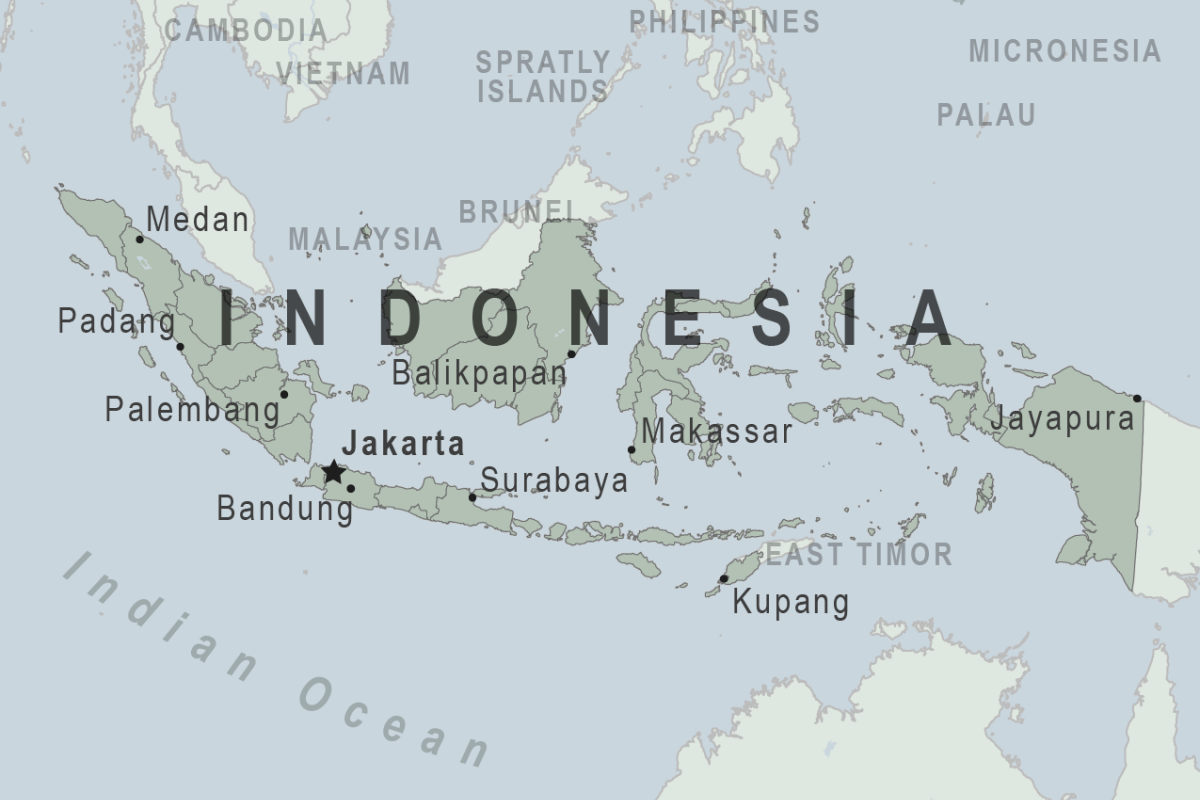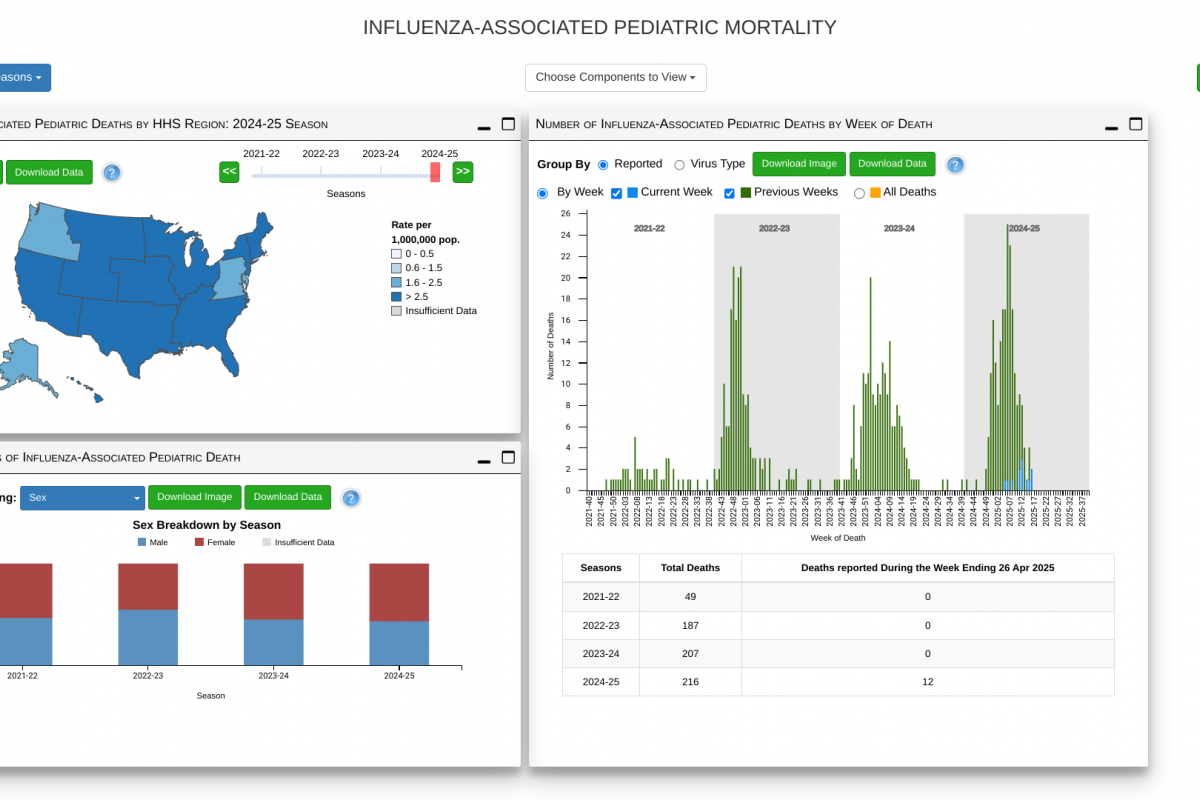The Los Angeles County Department of Public Health (LAC DPH) has declared a communitywide outbreak of hepatitis A virus (HAV), a vaccine-preventable disease.
Since January 2024, 167 cases have been confirmed in LAC residents, including 29 in 2025. Typically, 30-50 cases are confirmed per year.
According to the U.S. CDC., the number of estimated new HAV infections increased annually in the U.S. beginning in 2015, peaked in 2019, and sharply decreased in 2020. This downward trend continued through 2023, reaching 3,300 estimated infections.
As of May 5, 2025, most LAC hepatitis A cases have occurred in people without typical risk factors such as travel, unstable housing, or illicit drug use.
Hepatitis A vaccine is widely available at primary care provider offices, pharmacies, and participating community sites serving uninsured people. It is also available at no cost at LAC DPH clinics. And private health insurance plans should cover the hepatitis A vaccine at no cost to beneficiaries.














